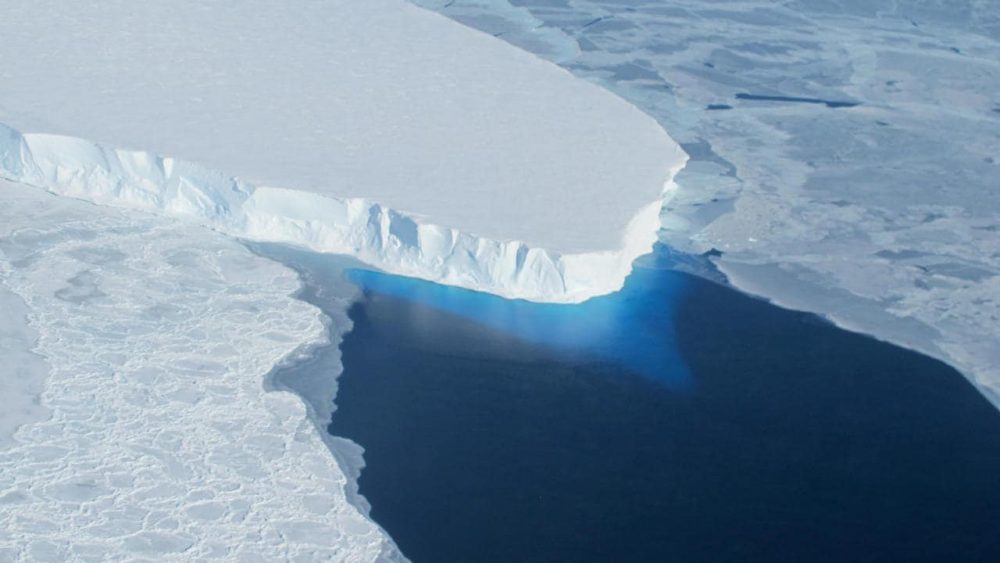Lost Battle: Germany Could Lose its Last Ice Sheets in 10 Years’ Time
Germany’s glaciers are melting at a faster rate than expected and it is feared that Germany could lose its last ice sheets in just 10 years’ time, according to an alarming report.
According to the findings, it is disturbing to see that we can now count the days of glaciers, which is far sooner than what was estimated earlier. It is expected that the last Bavarian Alpine glacier will be gone forever in a decade!
Previously, scientists suggested that the glaciers will be present at least till the middle of the century. But the glaciers are melting at an unexpected rate over the last few years, indicating that we might not be able to save them after all.
Currently, Germany’s five glaciers, located in the Zugspitze area and in the Berchtesgaden Alps, have lost nearly two-thirds of their volume in the past decade. The surface area has also reduced by a third – which is equal to the size of 36 football fields.

Germany’s glaciers melting at a faster rate than expected and it’s feared that they could lose the last ice sheets in 10 years time | Image: NASA
More than just a monument of the earth’s history of snow and ice, these glaciers are thermometers ascertaining the state of our climate.
A global study has also called out on the fact that the world’s glaciers are losing mass at an increasing rate, contributing to global sea-level rise in this century.
Also Read: New Study Suggests Glaciers Are Melting at a Faster Rate than Expected
The international team of researchers analyzed the images taken by NASA satellite recorded that between 2000-2019, the world’s glaciers lost 267 billion tonnes of ice each year – sufficient enough to submerge Switzerland six meters deep in water every six years.
Germany is also recording wild weather in recent years. After a winter in which temperature dropped below the freezing temperature, the temperature rose to 25.9 degrees on April 1.
Environmentalists are blaming global warming for the shift and have been advocating governments take swift action to combat the damaging trend.
Via: First Post


